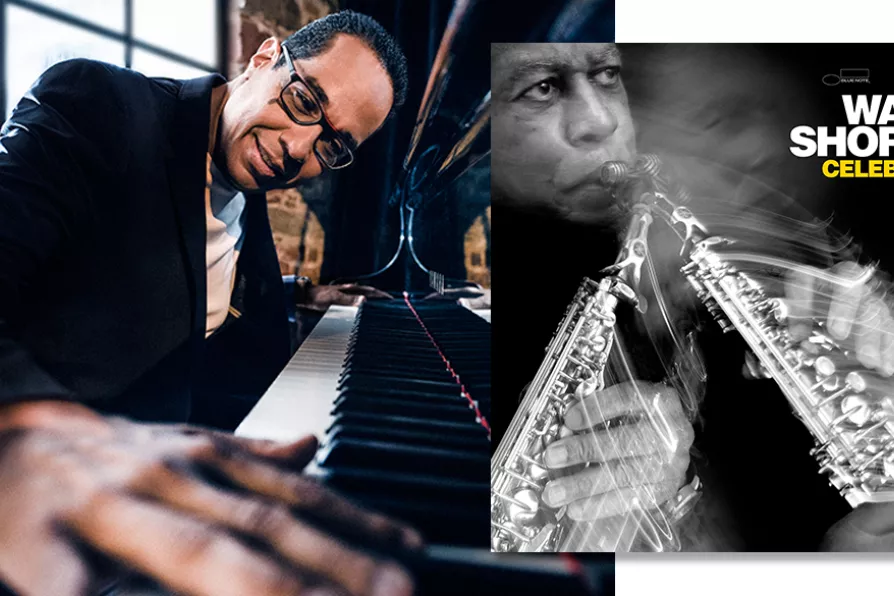SUE TURNER is fascinated by a book that researches who the largely immigrant workforce were that built the Empire State

 Danilo Perez
[Tito Herrera]
Danilo Perez
[Tito Herrera]
,
In October 2014, the giant Newark, New Jersey-born tenor and soprano saxophonist Wayne Shorter (1933-2023) played one of his final concerts in Stockholm Concert Hall. This has now been released as Celebration: Volume 1. His longstanding superfine quartet-mates, bassist John Patitucci, drummer Brian Blade and the insurgent Panamanian pianist, Danilo Perez, were with him.
I ask Perez about his own life in music, and the impact upon it by the great Wayne.

CHRIS SEARLE speaks to Ethiopian vocalist SOFIA JERNBERG

CHRIS SEARLE speaks to saxophonist and retired NHS orthopaedic surgeon ART THEMEN

Chris Searle speaks to saxophonist XHOSA COLE and US tap-dancer LIBERTY STYLES

STEVE JOHNSON, CHRIS SEARLE and TONY BURKE review new releases from Steve Knightley, Jupiter & Okwess, Jason Palmer, Lisa Knapp and Gerry Driver, Kin'Gongolo Kiniata, Ingrid Laubrock/Tom Rainey, Dan Sealey, Simin Tande, PAZ










